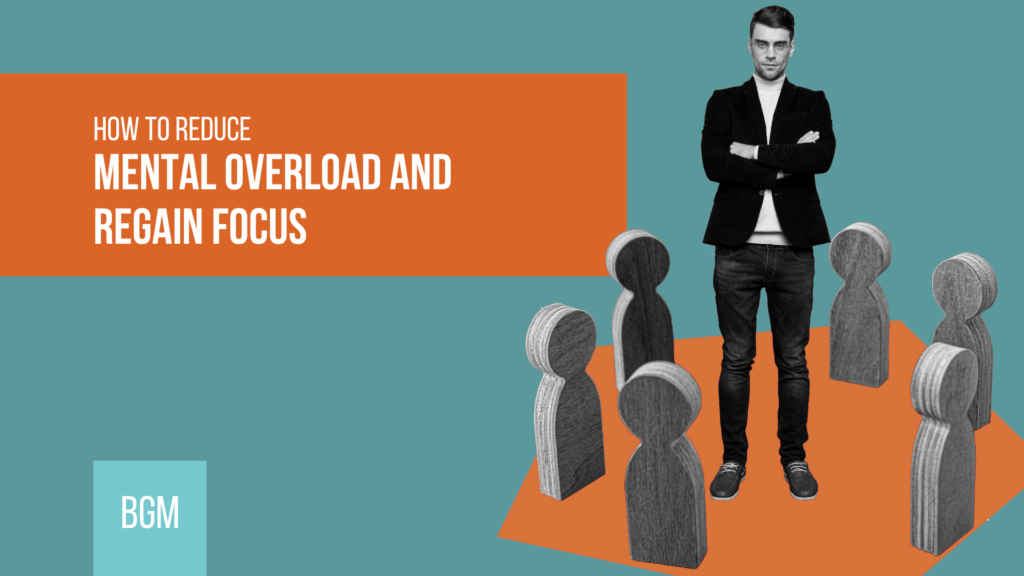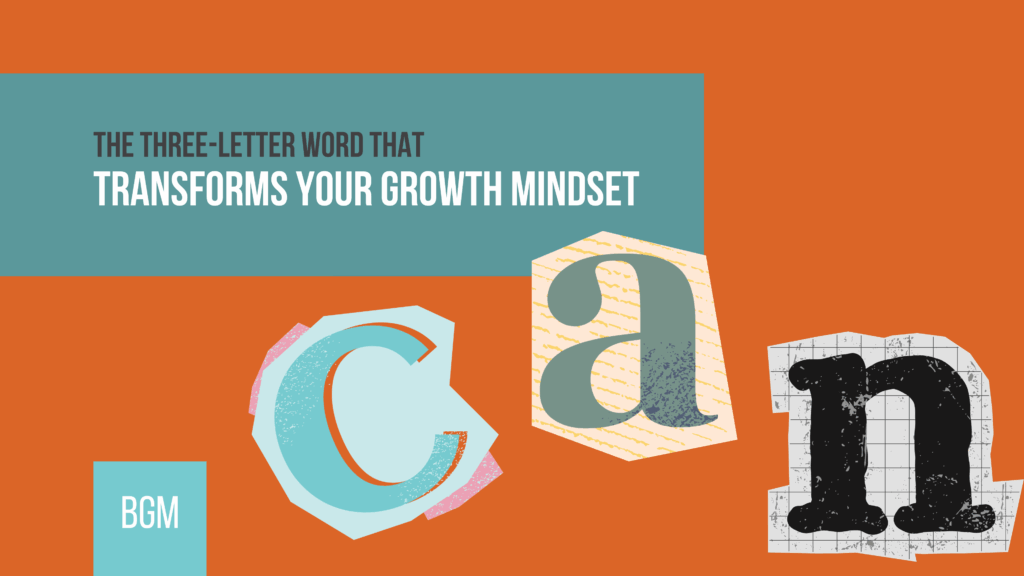How To Reduce Mental Overload And Regain Focus? Your brain is currently tracking dozens of open loops. That email you need to send, the project deadline next week, the phone call you promised to make, the document that needs reviewing, the meeting you should schedule. Each of these incomplete items occupies precious mental resources, creating a constant low-level stress that makes it harder to focus on what’s actually important.
In this edition, we’ll learn why this mental juggling act isn’t just exhausting-it’s counterproductive. We’ll explore how capturing tasks reduces mental overload, recognise the warning signs of cognitive strain, and discover practical systems for creating mental clarity that enhances both productivity and wellbeing.
How Capturing Tasks Reduces Mental Overload
The human brain excels at recognising patterns, solving problems, and generating creative ideas. It’s terrible at reliably storing and retrieving lists of tasks. When we try to use our minds as filing systems, we create cognitive strain that reduces our effectiveness across all areas.
The Zeigarnik Effect In Action
Psychologist Bluma Zeigarnik discovered that people remember incomplete tasks better than completed ones. This means your brain actively holds onto unfinished business, using mental energy to keep these items in awareness. The more open loops you carry mentally, the more cognitive resources are diverted from productive thinking.
Your unconscious mind continues tracking these items even when you’re trying to focus on something else. This isn’t a character flaw-it’s how the brain is designed to ensure important commitments aren’t forgotten.
Cognitive Load Theory
Research shows that working memory-the mental space where active thinking happens-has limited capacity. When this space is partially occupied by task reminders and worry about forgetting things, less capacity remains for complex thinking, problem-solving, and creative work.
Think of your working memory like RAM in a computer. If too many programs are running in the background, performance slows down across all applications. Similarly, when your mind is tracking too many incomplete tasks, your ability to think clearly about any single issue diminishes.
The Trust Factor
For task capture to reduce mental overload, you must trust your external system completely. If you doubt that your system will remind you of important items, your brain will continue holding onto them as backup. This is why many people’s to-do lists don’t actually reduce their mental burden-they don’t fully trust the system to work.
Building this trust requires consistent use and regular review of your capture system. When you prove to yourself that the system reliably surfaces important items when needed, your mind begins to release its grip on these tasks.
Recognising The Signs Of Mental Overload
Mental overload doesn’t announce itself with obvious symptoms. Instead, it manifests through subtle changes in performance and well-being that many people attribute to other causes.
Difficulty Concentrating
The most common symptom is reduced ability to maintain focus on demanding tasks. You might find yourself checking email more frequently, getting distracted by minor interruptions, or struggling to engage in deep work for extended periods.
This isn’t laziness or lack of discipline-it’s your cognitively overloaded brain seeking relief by switching to less demanding activities. When working memory is cluttered with background tasks, sustained attention becomes genuinely difficult.
Decision Fatigue
Mental overload increases the effort required for decision-making, leading to decision fatigue earlier in the day. You might notice putting off choices, avoiding complex problems, or making poorer decisions as the day progresses.
This happens because decision-making requires the same cognitive resources that are being used to track unfinished tasks. The more mental overhead you’re carrying, the less capacity remains for quality decision-making.
Increased Stress And Physical Symptoms
Carrying too many mental commitments creates persistent low-level stress. You might feel constantly behind, worried about forgetting something important, or generally overwhelmed despite not being objectively busier than usual.
Mental overload often manifests physically through tension headaches, neck and shoulder tightness, sleep difficulties, and general fatigue. The constant cognitive effort required to track multiple commitments is genuinely exhausting.
Creating Systems For Mental Clarity
Building effective systems for mental clarity requires more than just tools-it requires establishing processes that become automatic and trustworthy.
The Capture Habit
Develop the habit of immediately capturing any task, idea, or commitment the moment it enters your awareness. This includes items mentioned in conversations, thoughts that occur during other activities, and commitments you make to yourself or others.
The key is speed and consistency. The longer you wait between recognising a task and capturing it, the more likely your brain is to continue holding onto it as insurance against forgetting.
Carry a capture tool everywhere-a small notebook, a phone app, or even a simple voice recorder. The specific tool matters less than having reliable access to some form of capture at all times.
Regular Processing Rituals
Capturing tasks is only the first step. Without regular processing, your capture system becomes another source of mental overhead rather than a relief from it.
Establish daily and weekly rituals for processing captured items. Daily processing involves sorting through captured items and deciding what to do with each one. Weekly processing involves reviewing your entire system to ensure nothing important has been missed.
During processing, each item should be clarified into specific, actionable next steps. Vague items like “deal with marketing issues” should become specific actions like “call Sarah to discuss website conversion rates.”
Context-Based Organisation
Organise tasks by context-where you are, what tools you have available, or what type of energy the task requires. This makes it easier to make productive use of different situations throughout the day.
For example, group phone calls together so they can be handled efficiently when you have time and appropriate privacy. Collect items that require internet research so they can be done together when you have good connectivity and focused attention.
Calendar Integration
Your calendar should be the authoritative source for time-specific commitments. When you capture a task that needs to be done at a particular time or date, immediately schedule it rather than leaving it in a general task list.
This prevents the mental overhead of constantly reviewing task lists to identify time-sensitive items.
Building Trust Through Consistency
The most sophisticated system in the world won’t reduce mental overload if you don’t trust it completely. Building this trust requires consistent use over time, proving to yourself that the system reliably captures and surfaces important items when needed.
Start with a simple system and use it religiously for several weeks before adding complexity. It’s better to have a basic system that you trust completely than a sophisticated system that you use inconsistently.
The Compound Benefits Of Mental Clarity
When you successfully implement systems that reduce mental overload, the benefits extend far beyond simple productivity improvements.
Enhanced Decision Quality
With more cognitive resources available for decision-making, the quality of your choices improves significantly. You can consider more variables, think through consequences more thoroughly, and make decisions that better serve long-term objectives.
Increased Creative Output
Mental clarity creates space for innovative thinking. When your mind isn’t occupied with tracking tasks, it can engage in the kind of free-form thinking that generates creative solutions and breakthrough insights.
Improved Relationships
Reduced mental overhead allows for better listening, more thoughtful responses, and greater presence in interactions with colleagues, clients, and family members.
Better Work-Life Integration
When work tasks aren’t constantly running in the background of your mind, you can be more present during personal time. Similarly, personal commitments can be properly captured and managed without intruding on work focus.
Moving From Overload To Clarity
The transition from mental overload to clarity doesn’t happen overnight, but the benefits begin immediately. Start with simple capture habits and basic organisation systems, then gradually refine your approach based on what works best for your specific situation and work style.
Remember that the goal isn’t to build the perfect system-it’s to build a system that’s good enough to trust completely. A simple system used consistently will outperform a complex system used sporadically.
Thank you for being part of our Business Life community. If this has helped you think differently about managing mental overload, share it with someone who’s juggling too many mental commitments. If there’s a topic you’d like us to explore in future newsletters, let us know. Let’s continue to build systems that support clear thinking and focused action.
Live with purpose,
Kristian Livolsi and the Business Growth Mindset Team




